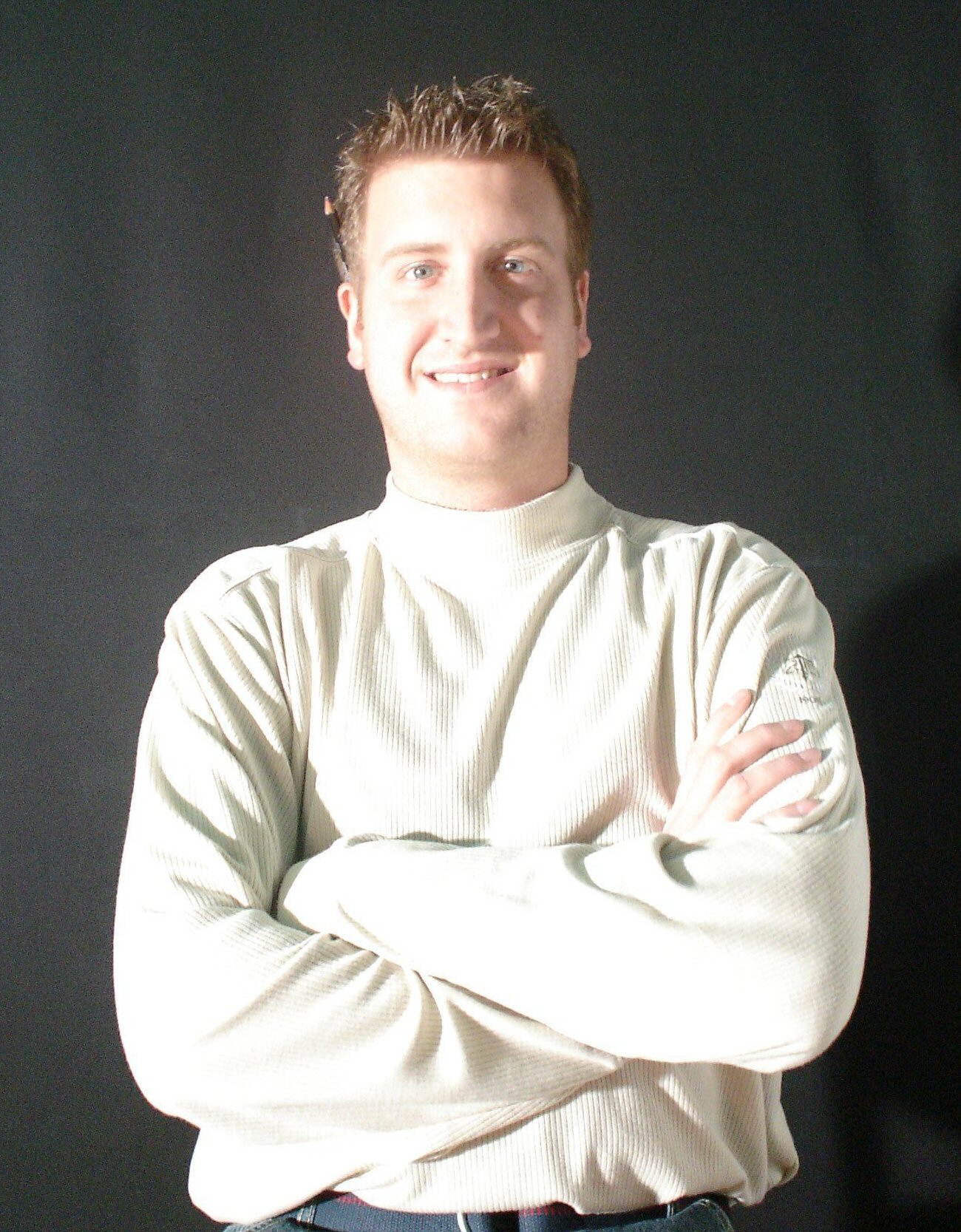
ABOUT THE ARTIST
 The human form has been artistically portrayed for centuries; however artwork
reflecting emotional expression and emotional interpretations is an
ever-developing study. My art is deeply influenced by people. Simple
individual characteristics all the way to the complicated interactions of
society play a consistent role in the driving force of my life. An emotional
connection is created every time two or more people interact. This internal
sensation can be attributed to the complicated inner workings of the human
brain. Describing this reaction through the traditional means of speaking and
writing seems too structured and contained to truly represent the internal
feelings of people. The creation of artwork, to me, is a primary vehicle for
the deeper understanding of people and their invisible vibrations of feeling. The human form has been artistically portrayed for centuries; however artwork
reflecting emotional expression and emotional interpretations is an
ever-developing study. My art is deeply influenced by people. Simple
individual characteristics all the way to the complicated interactions of
society play a consistent role in the driving force of my life. An emotional
connection is created every time two or more people interact. This internal
sensation can be attributed to the complicated inner workings of the human
brain. Describing this reaction through the traditional means of speaking and
writing seems too structured and contained to truly represent the internal
feelings of people. The creation of artwork, to me, is a primary vehicle for
the deeper understanding of people and their invisible vibrations of feeling.
Modern scientific studies such as Psychology
and Sociology influence my reasoning and study of human beings. An
indescribable force of progress and the desire to endure drives the human
species. These natural forces impact people in their choices about life and
play a role in our growth of understanding why people act the way they do. The
study of human sciences underlies much of my thought process in the development
of a painting. My actual experiences with people dominate as an influential
factor in my viewpoint towards human connections. In comparison with the study
of history, you can learn a lot by reading a book but actual experiences include
more than just the facts. I observe as much as possible, taking in all of my
emotional reactions to any given circumstance.
Much of my art is created out of my
imagination. Numerous references such as life drawing, photographs, and media
images combine to form a base for my work. Once I feel strong about my idea the
emotional connections are incorporated in selected areas, creating a variety of
emphasis. This process combines with my idea that color choices should come
from a feeling, rather than structured reasoning. Color choices, to me, should
not be based upon guidelines; they come from a reaction in my mind to a
circumstance. My portrait pieces, for example, draw inspiration from the
emotional connection of the model and me. The color choice I make will depend
upon the mood or my intended expression. The color blue could, but not
necessarily, represent sad or cold sensations. I feed off of the overall
feeling in most situations.
An attempt to capture and express other
people’s emotions is a never-ending story in my goal of better knowing people.
In addition to colorful emotions, figurative distortions represent the imperfect
truths of reality. Most portrait artwork focuses on a person in a set and
somewhat artificial pose. I try to capture a more spiritual representation of my
subjects, which rarely includes a posed smiling mask.
ABOUT THE STYLE
Matt Kupke’s artwork is deeply
influenced by the artistic freedom so vividly expressed by the early pioneers of cubism. The loose line quality,
arbitrary color choices and a variety of paint application give Kupke’s work an
extra element of surprise, echoing the tension and vitality of abstract
expressionism.
vividly expressed by the early pioneers of cubism. The loose line quality,
arbitrary color choices and a variety of paint application give Kupke’s work an
extra element of surprise, echoing the tension and vitality of abstract
expressionism.
Traditionalist painters sought
to mirror, or even idealize, their vision of reality, unlike the modernists who
utilize emotional manipulation to alter or distort reality, for various
reasons--aesthetic or obscure.
This emotional manipulation
makes a deep impact on how Kupke views the world, and in turn how he makes
choices while creating art.
Music offers an additional
influence on Kupke's work. He will often play different styles of music
successively as he paints, depending upon his intended expression. Techno,
ambient beats, classical, and a variety of instrumental jam bands make up his
audio stimuli. Because he believes that emotions are too complex to be fully
described verbally, most of his musical choices do not contain vocal
elements.
Matt Kupke is constantly
searching for new, exciting, even exotic ideas for his painting. Each day
offers a fresh opportunity; each night a new dream. He believes the intricacies
of emotion in combination with a seemingly endless ability for human creativity
equals a future of new art.
|